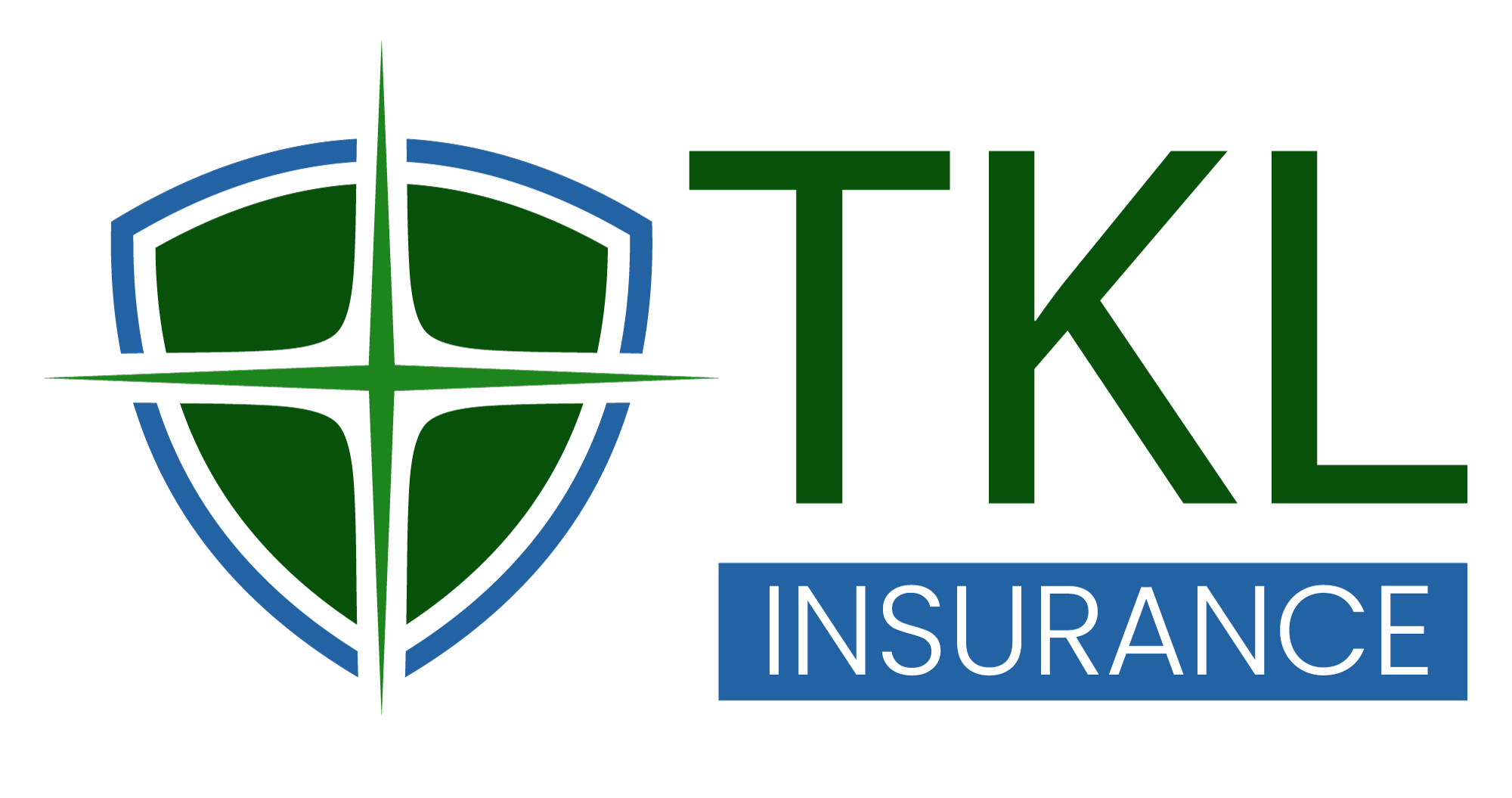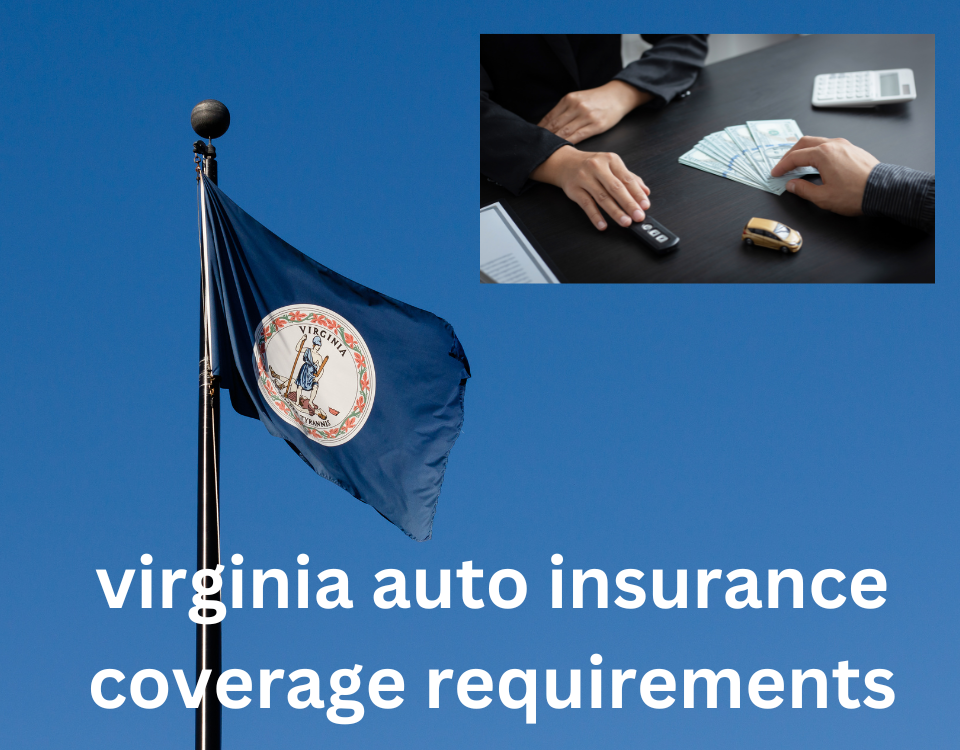Kia and Hyundai models not covered by insurance

what is the basic coverage vs full coverage
July 30, 2023
Understanding the Different Parts of a Divan Bed
July 31, 2023Drivers struggle to insure “Kia and Hyundai models not covered by insurance”
In 2023, many drivers are facing unexpected challenges insuring their vehicles, especially Kia and Hyundai models not covered by insurance. Due to a spike in thefts linked to certain models lacking engine immobilizers, several major insurance companies have either paused or completely stopped offering coverage for these vehicles.
Popular models like the Kia Optima and Hyundai Elantra became targets after viral social media videos revealed how easily they could be stolen. This surge in claims made some insurers label them too risky to insure. As a result, drivers are now either paying higher premiums or struggling to find coverage at all.
If you own one of these affected models, it’s important to:
- Check with multiple insurers to find available options.
- Ask about anti-theft discounts if you install security devices.
- Consider comprehensive coverage if you live in a high-theft area.
This growing issue highlights the connection between car design, viral trends, and real-world insurance impacts.
Motorists are facing difficulties in obtaining insurance coverage for certain models of Kia and Hyundai cars, which have become prime targets for theft. Kia and Hyundai models are not covered by insurance. These vehicles lack an engine immobilizer, a standard anti-theft feature found in most other cars.
Numerous drivers reached out to 5 EYEWITNESS NEWS, sharing their struggles to get insurance for their Kia and Hyundai vehicles without an engine immobilizer. Some were denied coverage by multiple companies, leading to frustration and regrets about their choice of vehicle.

Canva
Mark Kulda, the vice president of public affairs for the Insurance Federation of Minnesota, explained that insurance companies had to take action due to the high risk associated with insuring these susceptible cars. As a result, many insurers decided to stop offering coverage for specific makes and models of Kia and Hyundai vehicles.
5 EYEWITNESS NEWS contacted various insurance companies, with only State Farm responding. State Farm revealed that they stopped accepting new customers for certain model years and trim levels of Hyundai and Kia cars due to the increasing rate of theft losses. Other major insurers also adopted similar policies, although they were reluctant to disclose this information publicly.
Some insurers ceased providing comprehensive coverage for these vehicles, which poses a challenge for car owners who are still paying off their loans. Those who managed to secure policies for their affected Kia or Hyundai cars experienced significantly higher premiums compared to similar vehicles.
Kulda emphasized that the absence of engine immobilizers in approximately 7 million cars, spanning model years from 2011 to 2022, has resulted in a serious problem costing Minnesota drivers millions of dollars in higher insurance premiums. The free software update offered by the manufacturers to make the cars more difficult to steal has shown limited success, as reports suggest it doesn’t work reliably.
Kulda insisted that Kia and Hyundai should follow the lead of other manufacturers and install engine immobilizers to effectively address the issue. While some drivers have opted for aftermarket engine immobilizers, the burden of doing so should fall on the manufacturers, not the consumers.
Despite the concerns raised, Kia did not respond to requests for comment, while a spokesperson for Hyundai stated that they were not aware of any confirmed software failures. However, they mentioned that engine immobilizers are now standard in all Hyundai vehicles produced since November 2021.
Hyundai has gradually implemented the software update in more of its affected vehicles. Drivers also have the option to purchase engine immobilizers from third-party sources and have them installed by mechanics. However, Kulda acknowledged that this solution shouldn’t be the responsibility of consumers, but rather the manufacturers should take proper action to protect their customers’ vehicles from theft.




